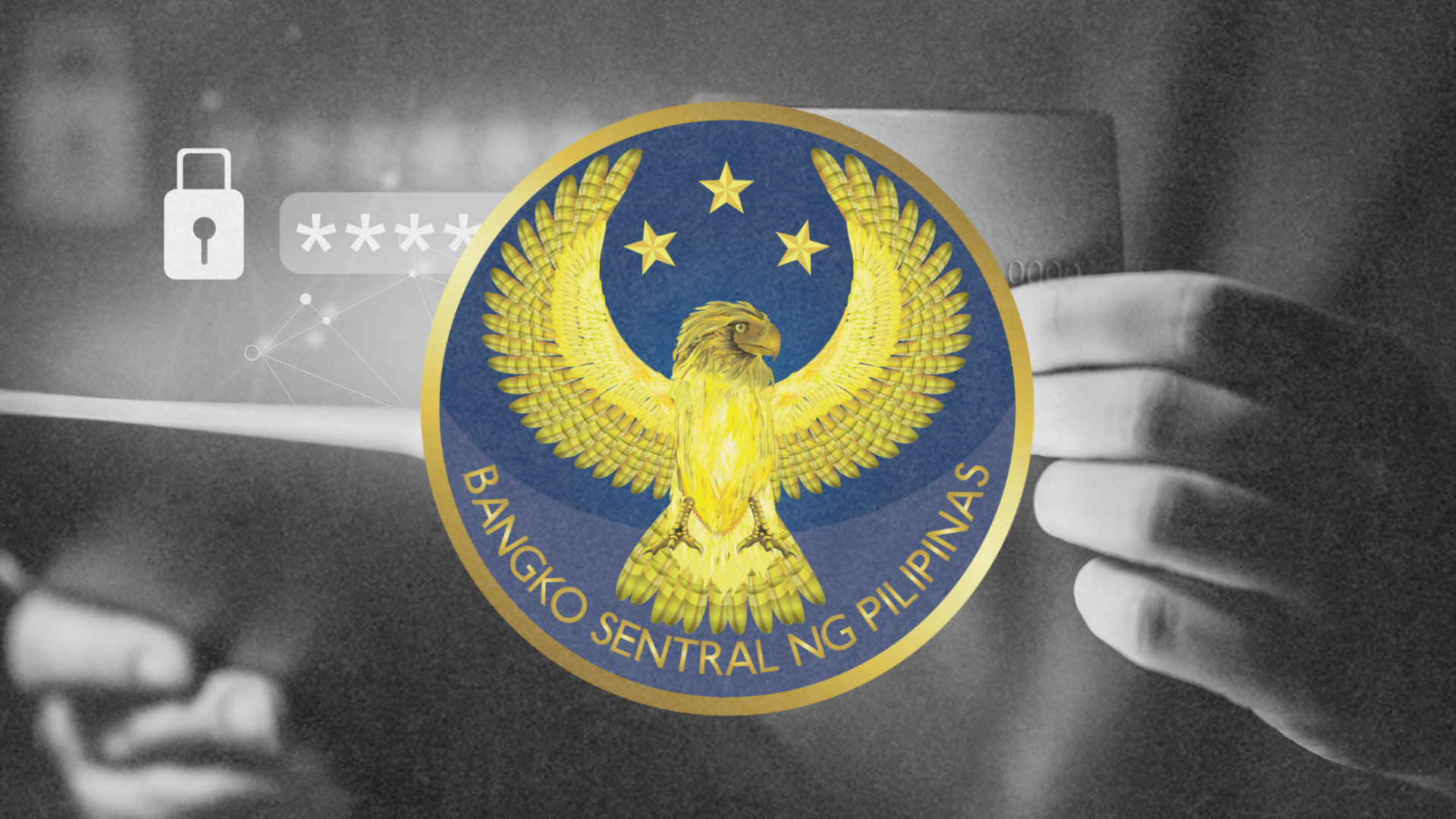SEVEN years ago, young bank teller Candace Castro was about to sleep in her 11th floor condominium unit when a neighbor knocked on her door. Little did she realize that opening it was the biggest mistake of her life.
The intoxicated neighbor, who lived on the 6th floor, pushed her to the floor. Accompanied by a drinking buddy, the two men raped and killed her inside her unit at the Bellagio Tower on Leon Guinto Street in Malate, Manila. Police later caught the neighbor who bore fresh scratch marks on his face at the time. The court consequently found him guilty and sentenced him to 40 years in prison. The other suspect remains a fugitive to this day.
In July 2011, four robbers broke into a Makati condominium unit of an elderly Japanese couple. With no trouble, the robbers managed to enter the BSA Tower in Legaspi Village by posing as visitors, even registering on the logbook of the condominium’s security guard. When the Japanese couple opened their door, the four men held knives to their throats and dragged them, along with their Filipino secretary, inside the comfort room. The robbers took with them their cash and other valuables.
Police later found that BSA Tower had no close-circuit television (CCTV) cameras, which could help them identify the perpetrators. The authorities had to rely on the CCTV video grab of nearby establishments to capture, if there’s any, the image of the fleeing robbers. The police are also looking into how the robbers passed the BSA Tower security guards given the fact that the Japanese couple did not declare beforehand that that they were expecting visitors.
—————————————————————————–
First published in the Featured Story section of Volume 1 Issue No.6 of SecurityMatters Magazine – Print Edition
The two instances are just some of the crimes perpetrated in high-rise residential buildings and townhouse compounds in the Philippines.
Ace Esmeralda, who lives in a condo and used to manage condos, shares some security measures:
1. Take security as your personal responsibility. Remember that your security guards are protecting other tenants and residents also. Their attention is focused on the entire building or estate, and divided by multiple concerns.
2. Always lock the door even when inside the condominium or townhouse unit. Double lock if you can. Needless to say, double lock your unit when going out even for a short time.
3. Install a wide-angle glass peephole or security door viewer in your door to visually check the identities of the people outside. Most condos install this security feature as default measure.
4. If a peephole is not installed or you need to speak with someone you do not want inside your unit, make use of security chain locks or hotel-type door latch that would allow the door to be slightly opened to check the identity of your visitors. A horizontally sliding mechanism is best. If not, have it set to horizontal position.
5. Call the security guard (use your intercom) if there are suspicious individuals knocking at your door or loitering in your hallways. Preferably, do not let the suspicious person hear you calling for help. Make it appear that the security guard chanced upon him so that he won’t take it against you when he is set free by police.
6. Require that your security guard contact you first before allowing anyone to your unit even if you expect visitors to arrive. If you allowed the visitor to go to your unit, still use the peephole to verify the identity.
7. Keep all the important telephone numbers for emergency i.e. security guard, medical response, police, and local firefighters, in mind or in your speed dial. But when you are inside your unit, it’s best to ask security office to get you either an ambulance or report a fire. It’s not practical to ask them to call police because condo security will check out the reason why you are requesting in the first place.
8. Share security tips to those who stay with you in your unit. Simulate scenarios; encourage each other to exercise situational awareness always.





